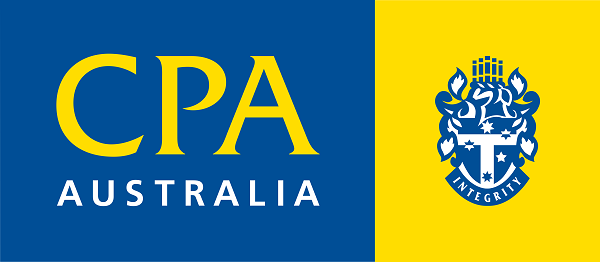Need to know information for tax agents this tax time
TaxCPA Australia has developed this summary for tax agents to help with clients’ tax returns.

202-21 is the first full COVID-tax year. With personal tax cuts and COVID incentives in play, clients are likely to have novel issues and questions about their tax position.
The ATO will start full processing of 2020-21 tax returns on 7 July 2021 and expects to start paying refunds from 16 July 2021.
In the lead-up, CPA Australia has maintained a close dialogue with the ATO to ensure tax agents are well-supported to address COVID-related challenges and stay up to date on administrative changes.
This is what you need to know to help your conversations with clients and make tax time a little easier.
COVID support
Many small businesses have experienced significant impacts from COVID-19. Tax time conversations provide an opportunity to discuss business viability and potential options for clients.
Consider tax issues such as bad or forgiven debts, GST adjustments, trading stock and losses, as well as advice on business recovery.
Ensure that clients are up to date on their employee obligations and activity statement lodgments. Encourage them to enter payment arrangements with the ATO for outstanding liabilities.
Remind clients that JobKeeper payments to employers and COVID-19 disaster payments to individuals are assessable, while cash flow boost and early access to superannuation amounts are not. For other grants and payments received by business, check if an exemption applies, otherwise they will generally be assessable if paid to assist continued operations.
Tax cuts
Stage 2 tax cuts, in combination with the low-and-middle-income and increased low-income tax offsets, will mean a lower tax liability for many Australians this year. Given that the changes weren’t made to the PAYG withholding schedules until October, some employees may have a larger than usual refund for over-withheld tax in those first months of the tax year.
Base rate entities will also have a lower tax rate of 26 per cent for 2020-21.
Depreciation incentives
Temporary full expensing, instant asset write-off and backing business investment are the depreciation-related incentives available to businesses. Keep in mind that only one incentive can apply for an asset. There is an order of application if more than one incentive could apply, starting with temporary full expensing.
Also, remember that businesses using the simplified depreciation rules need to deduct the balance of their small business pool against their income.
The rules preventing small businesses from accessing the simplified depreciation regime for five years if they opt out of that regime are suspended for 2021. This means those not currently using simplified depreciation can take advantage of these benefits.
Loss carry-back
For companies in a taxable loss situation, including those who have generated losses as a result of the depreciation incentives, the loss carry back enables them to access refundable tax offsets for previous years’ tax paid.
The offset is limited to the franking account balance and tax agents should ensure that these are correct before claiming the offset.
Work-related expenses
The shortcut method for work-from-home expenses is available for the whole tax year although you may wish to check if a better deduction can be obtained using other methods.
For taxpayers using the motor vehicle logbook method, a new 12-week period doesn’t need to be kept for COVID-impacted drivers. However, any variation in use must be accounted for and a reasonable estimate made.
The ATO is focusing on work-related expenses this tax time, so make sure that your clients have appropriate records to back up their claims.
Investments
Landlords affected by COVID will still be able to claim their expenses as long as their use of the property hasn’t changed. For those who have changed the availability of their property, such as increased use by family and associates, adjustments will need to be made.
With around one in every five Australia’s investing in cryptocurrency, it’s worth asking your client if they have any gains or losses they need to declare and the associated capital gains tax issues.
Instalment variations
The ATO allowed variations of PAYG instalments without penalty during the year. For businesses that performed better than expected, this may result in a tax bill. If clients are experiencing difficulty in making payment, they should enter a payment arrangement with the ATO to manage this debt.
Your responsibilities
Be mindful of the Tax Practitioners Board guidance on reasonable care, online security, exercising supervision and control when working remotely, and get your clients’ permission if you are using cloud computing services.
Also take heed of the ATO and TPB’s recent guidance on client verification and ensure that your processes satisfy these requirements, particularly for new clients.
CPA Australia members can access exclusive 2021 year end resources for use in client engagements.
The ATO’s Tax Time 2021 page for tax professional also includes key changes and information this tax time.





You are not authorised to post comments.
Comments will undergo moderation before they get published.